✿ Business for Humanity is our monthly webcast series dedicated to exploring alternatives to capitalism. We interview global thought leaders on economic models that promise greater sustainability, and critically examine them in our ongoing meta inquiry with an interested community
✿ Leaders for Humanity and Leaders for Humanity Masterclass represent our PhD-level research where we engage with exceptional minds to explore the development of good leaders and organizations. This series provides extensive resources and background reading materials.
✿The Flourishing Manifesto is a global initiative uniting HR and business leaders, consultants, and researchers in a collaborative effort to redefine performance management as a catalyst for responsible business transformation and leadership.
✿"Business as a Force for Good" is our pilot program developed in collaboration with Duke University, designed to create a practical module for responsible leadership education, with a particular focus on business and MBA students.


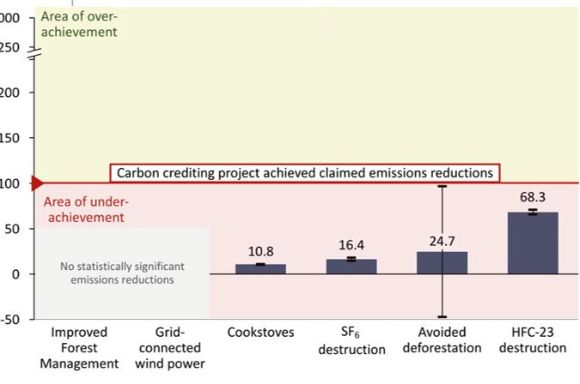
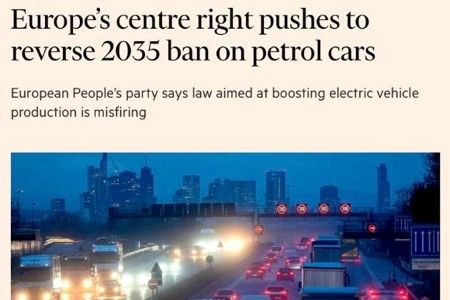




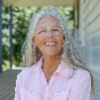


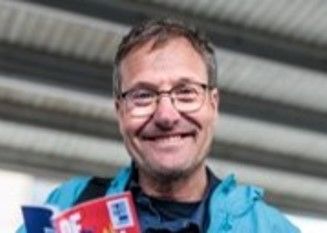
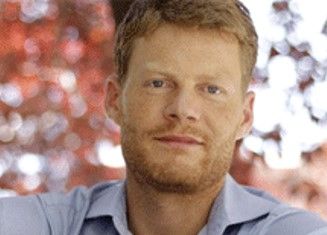

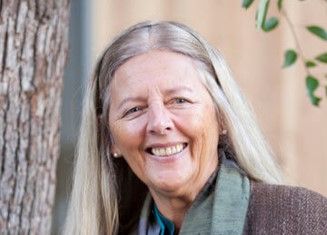
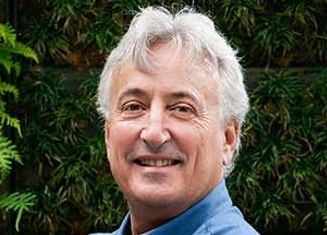
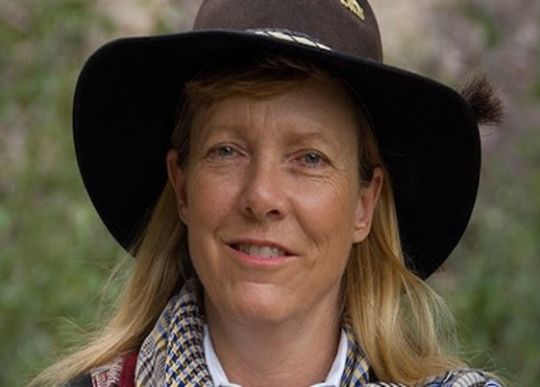
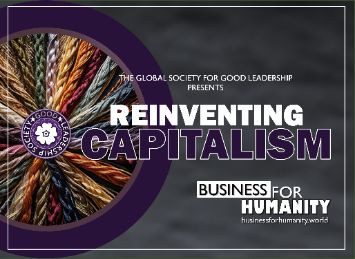

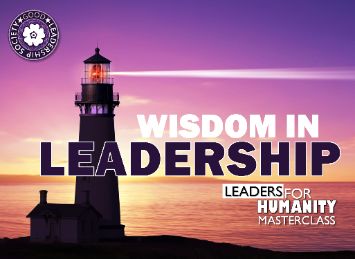
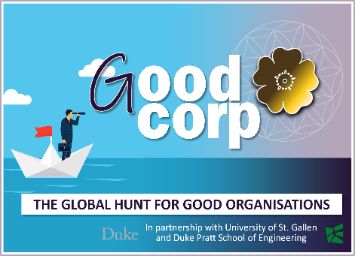
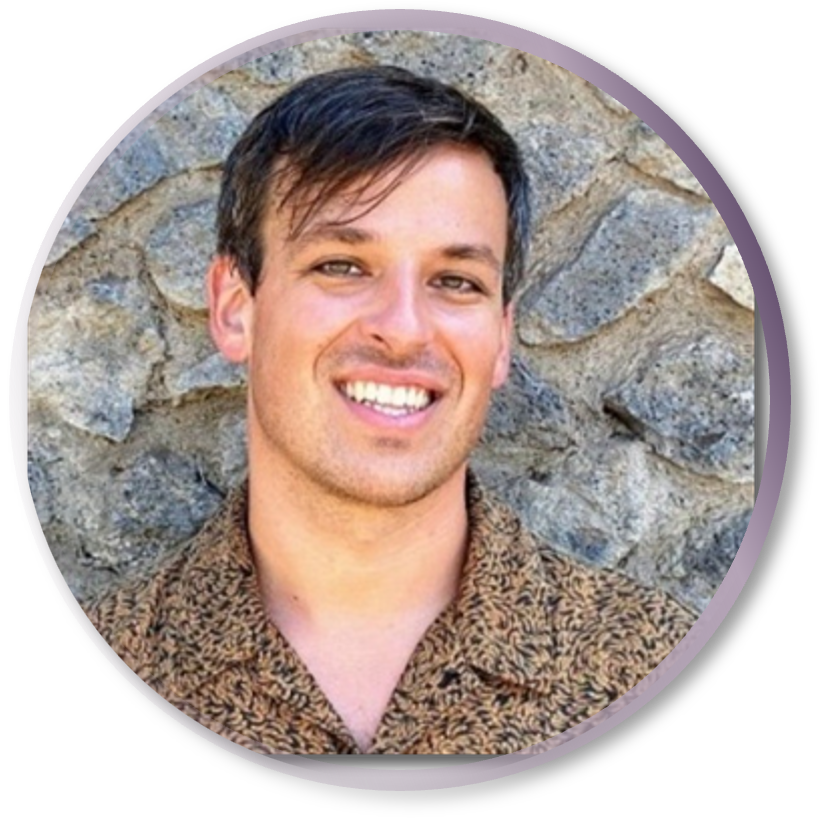
 .
.